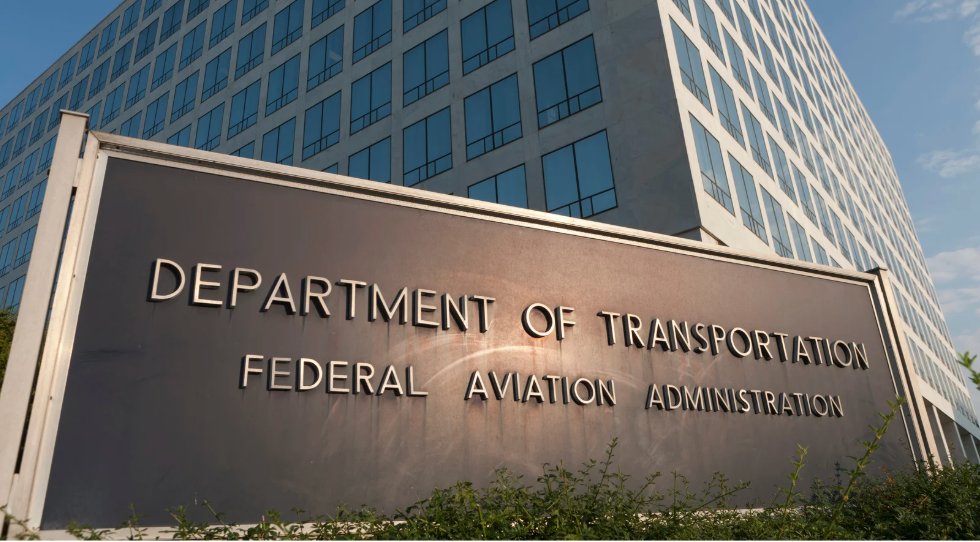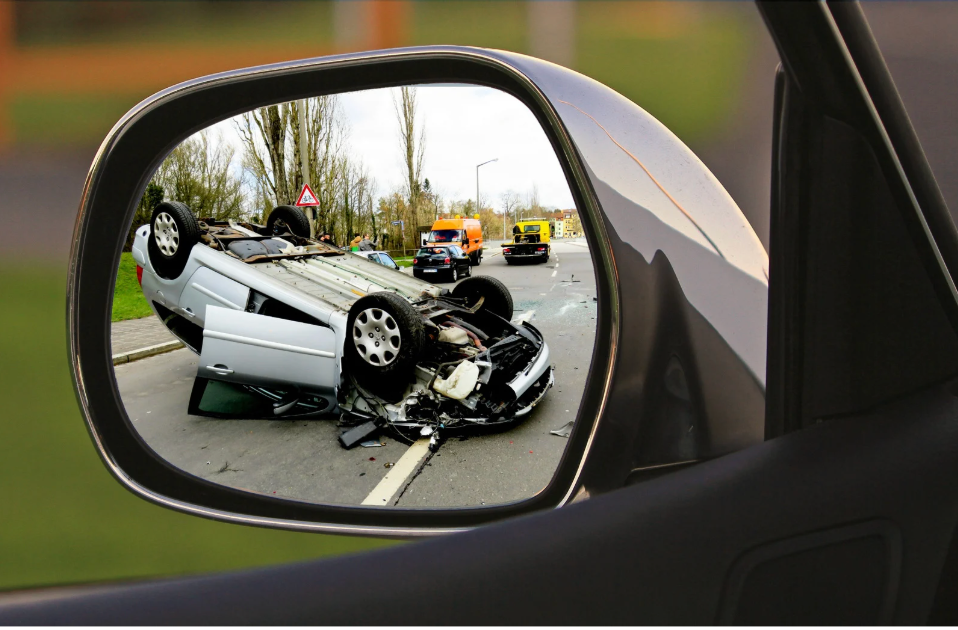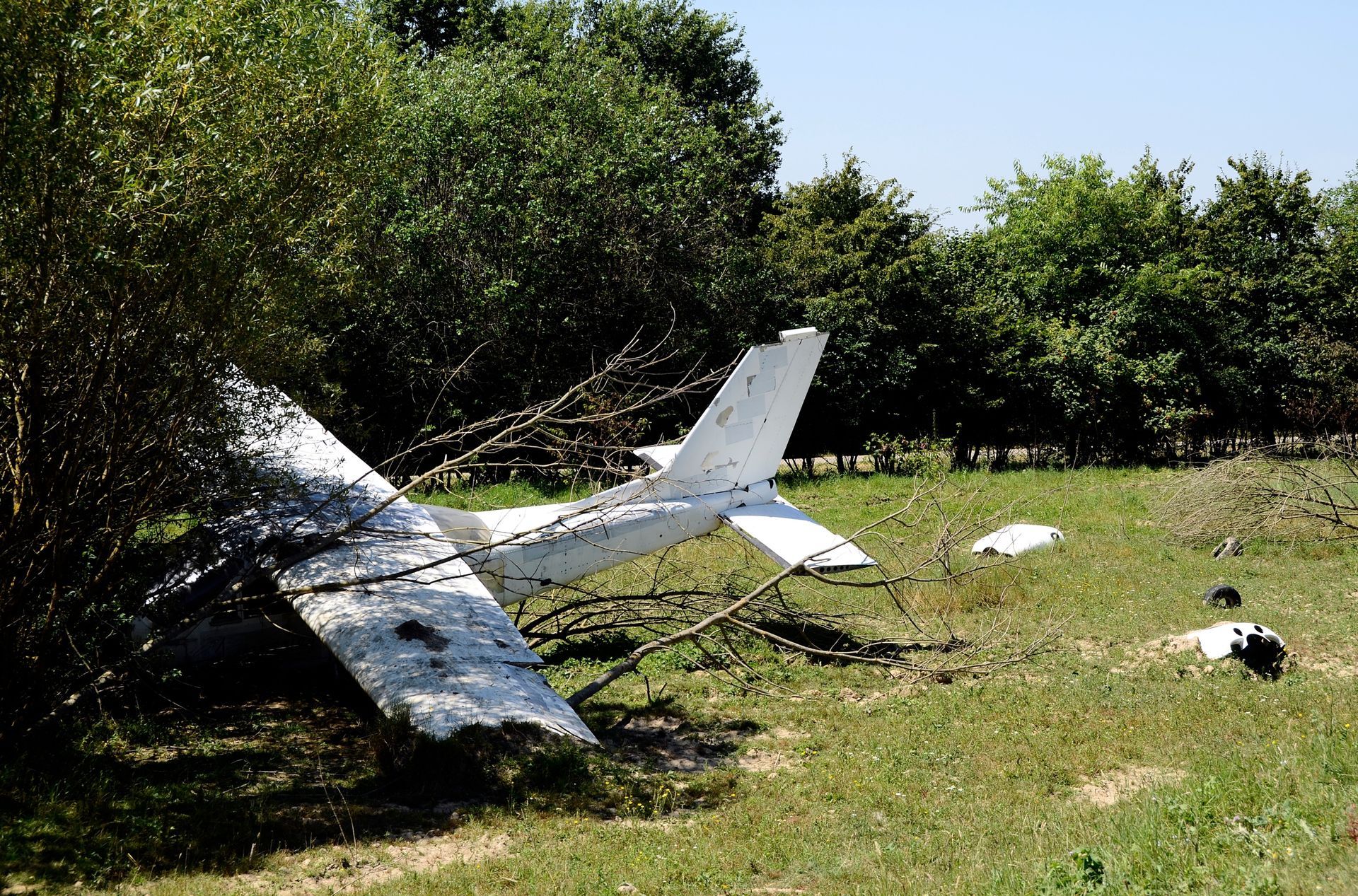3 Completely Avoidable Causes of Motorcycle Accidents
David K. Wilson & Associates
April 26, 2018
Motorcycle accidents can cause extensive injuries or even death. Many, if not most motorcycle accidents are the fault of other drivers. Often, this is because car drivers don’t see motorcyclists until it is too late. Sometimes, other drivers make careless choices. Other times, they simply aren’t paying any attention at all.
At David K. Wilson & Associates, our personal injury lawyers handle motorcycle accident cases routinely. We know that there are some cases where a motorcycle accident could have been avoided. We hope you learn from our experience with personal injury claims. Please avoid driving a motorcycle under the following conditions – for your safety, and for the sake of your family and loved ones.
Don’t Drive after Drinking
One might think this goes without saying, but it doesn’t. Even a single drink can impact one’s ability to respond to situations. Experienced drivers know driving a motorcycle requires one’s complete attention. Driving drunk, of course, is even more dangerous. Unfortunately, people often underestimate their level of intoxication. By refusing to ride after any amount of drinks, people can ensure they won’t crash due to alcohol-related factors.
Avoid Excessive Speed
Speeding is a common cause of injury and even death in motorcycle accidents. In fact, in 2015, 33 percent of all motorcycle fatalities involved riders speeding. This includes incidents of racing and exceeding the posted speed limit. However, it also includes situations where the drivers were going too fast for the conditions. Rain, dust storms, and traffic may all create situations where the posted speed would be dangerous. Slow down!
Avoid Drowsy Driving
“Drowsy driving” combines driving with sleepiness or fatigue. When someone hasn’t had enough sleep, sleep can overtake you – even while you are at the wheel. Obviously, sleeping and driving are a deadly combination. But even if you remain conscious, drowsy driving can contribute to accidents. Drowsy drivers are not as able to pay attention to the road. Their reaction times are slower than their non-drowsy counterparts. Finally, drowsy driving impacts a driver’s ability to make good decisions. All of these factors result in a driver who is less safe.
Injured in a Motorcycle Accident?
If you have been injured in a motorcycle accident, you may feel overwhelmed. Healing from injury takes physical and mental effort. The worry that comes from missing work, lost wages, and overdue bills can feel like more than one can bear. Add to that the stress of trying to find a personal injury lawyer and it is no wonder some people miss the statute of limitations, preventing them from ever filing their claim. If you have been injured, don’t wait. Contact the office of David K. Wilson & Associates for a free consultation. Our attorneys will gather the necessary information and get to work. Let one of our personal injury lawyers worry about your lawsuit, while you focus on getting better. Call us today.



